Cloud CMS

Cloud CMS: Headless Content Management System
Cloud CMS is a headless content management system (CMS) that allows you to manage content separately from the presentation layer. It is API-first, optimized for use with JavaScript frameworks. Cloud CMS makes it easy to build mobile apps, websites, IoT devices that require content.
What is Cloud CMS?
Cloud CMS is a headless content management system (CMS) designed specifically for modern applications. It decouples content from presentation, allowing you to manage structured content through APIs and deliver it to any device or channel.
As a headless CMS, Cloud CMS focuses solely on content management capabilities rather than page building or site editing. All content operations, including authoring, management and delivery are handled through RESTful APIs that can integrate with any application, framework or platform.
This API-first architectural approach makes Cloud CMS ideal for building mobile apps, websites, IoT systems and more that require content. Developers can integrate these content APIs directly into their stack. The flexible content model also easily adapts to changing business needs.
Key capabilities include:
- Content authoring with workflows
- Flexible and extensible content modeling
- Content APIs for management and delivery
- Integrations with popular frameworks like React and Angular
- Scalability to enterprise-level content volumes
With its headless approach, Cloud CMS delivers the structured content that developers need while giving business users an intuitive way to manage it through its browser-based interface.
Cloud CMS Features
Features
- Headless CMS
- Content delivery via RESTful APIs
- Built-in DAM for media management
- Multi-site management
- Multi-channel publishing
- Access control and permissions
- Versioning and workflows
- Integrations with popular frameworks like React, Angular, Vue.js
- GraphQL support
- JavaScript SDKs
Pricing
- Freemium
- Subscription-Based
Pros
Cons
Official Links
Reviews & Ratings
Login to ReviewThe Best Cloud CMS Alternatives
Top Online Services and Content Management and other similar apps like Cloud CMS
Here are some alternatives to Cloud CMS:
Suggest an alternative ❐WordPress
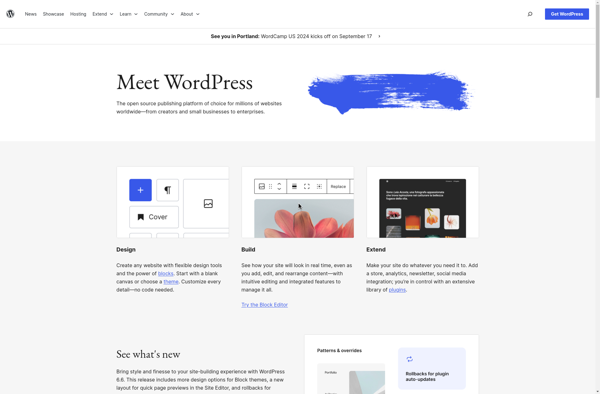
Strapi
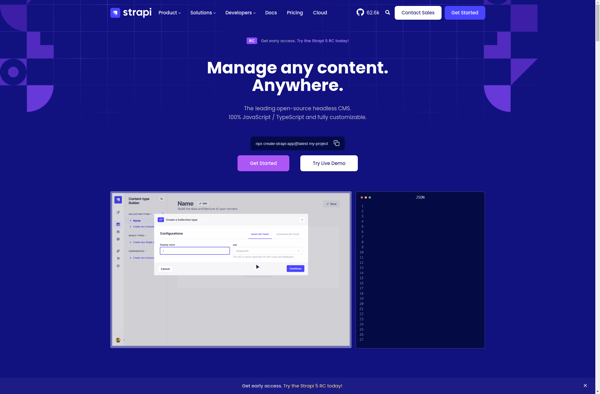
Contentful

Flamelink.io
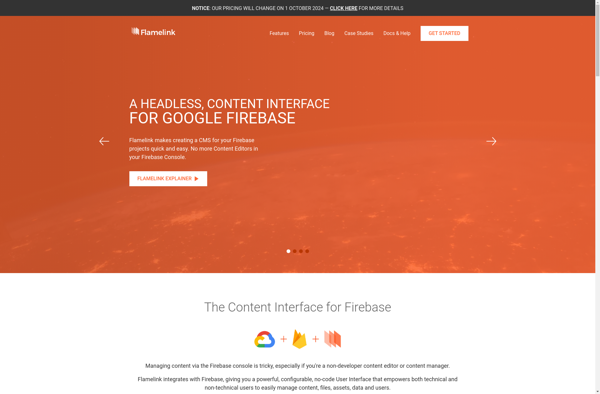
Sanity.io

DEV Community
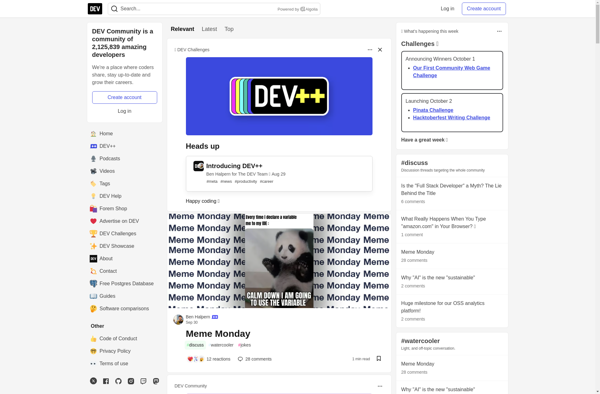
OverBlog
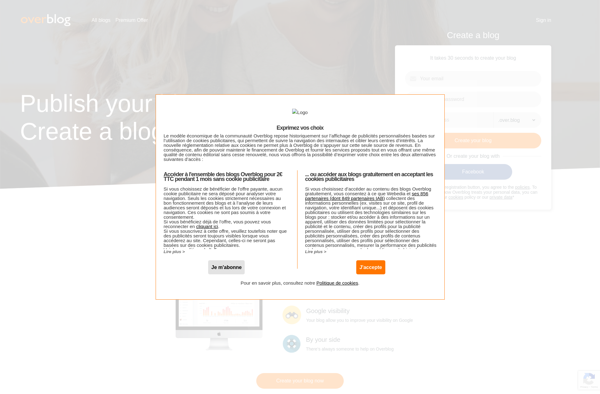
SociableKIT
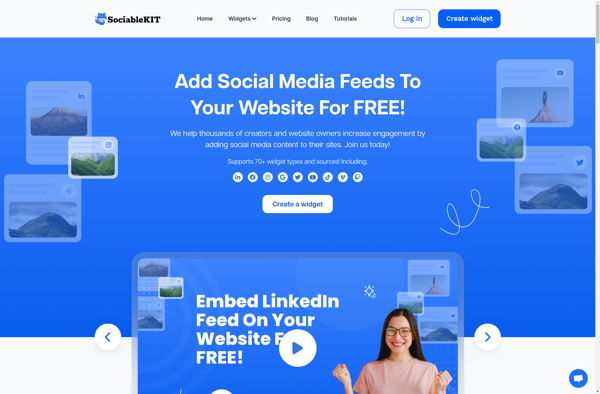
Lagan

Anymod
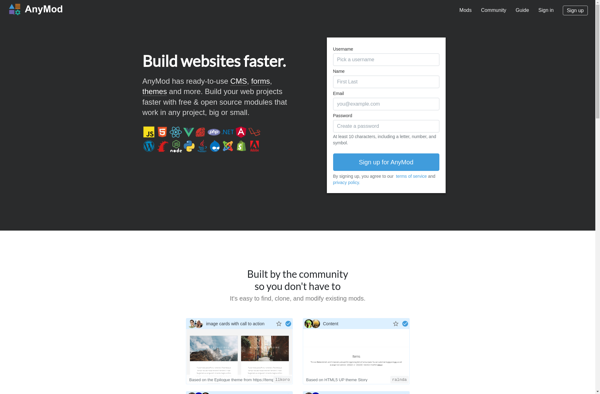
Elebase
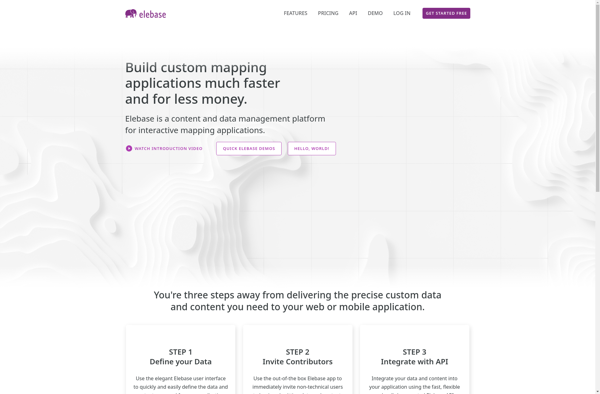
LiveSite
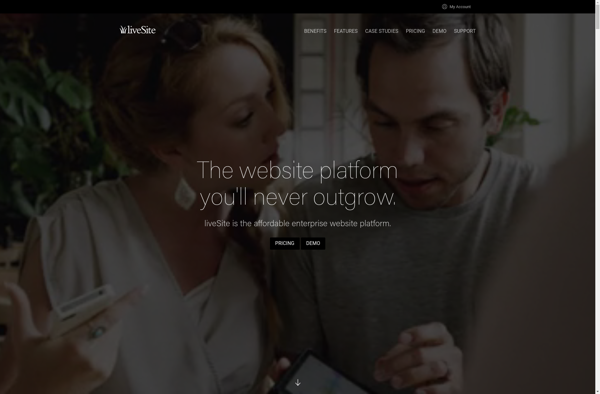
Conteidon
Gentics Mesh
